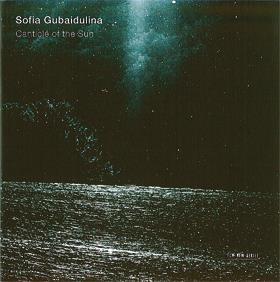
The Strad Issue: January 2012
Description: Persuasively played recordings of two expressive contemporary masterpieces
Musicians: Gidon Kremer* (violin) Nicolas Alstaedt† , Marta Sudraba* (cello) Kremerata Baltica*, Andrei Pushkarev† , Rihards Zalupe† (percussion) Rostislav Krimer† (celeste) Riga Chamber Choir Kamer/Maris Sirmais†
Composer: Gubaidulina
With its explanations of complex acoustical phenomena, Gubaidulina’s own booklet note for her 2008 work The Lyre of Orpheus makes the piece sound rather forbidding. But in fact it’s a thoroughly warm, approachable concertante work that serves as an ideal vehicle for Gidon Kremer’s intense, focused musicianship. He gives a performance high on expressive lyricism (as does cellist Marta Sudraba, co-soloist in certain sections), with a tight vibrato and a fierce commitment. The real praise, though, should go to the strings of his chamber group Kremerata Baltica, whose close attention to detail in their gradually evolving sounds, bulging chords and dense clouds of harmonics is quite astonishing.
With The Canticle of the Sun (1997), a setting of St Francis of Assisi for solo cello, choir and percussion, we’re back on Gubaidulina’s more familiar religious-inspired territory. Soloist Nicolas Altstaedt gives a performance every bit as persuasive as that of Mstislav Rostropovich, the work’s dedicatee. There’s the clear sense that Altstaedt is living the piece – he seems more like a method actor in a demanding role than a musician giving a performance, particularly in the theatrical sections where the soloist is required to tune the C string increasingly lower, play with a stick, bow a flexatone, and even beat a bass drum.
Both works were recorded at live performances, and where a few coughs don’t unduly disturb The Lyre of Orpheus, Altstaedt’s clearly audible breathing and gasping in the Canticle, while heightening the intensity of his performance, might distract some listeners.
David Kettle


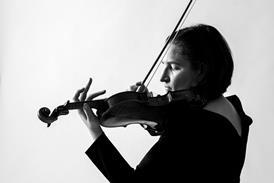
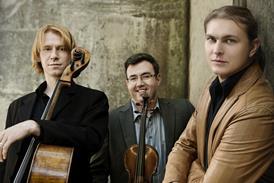


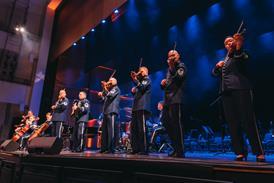
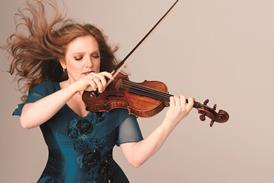

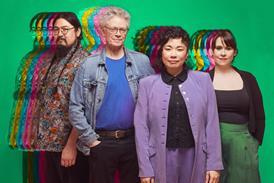
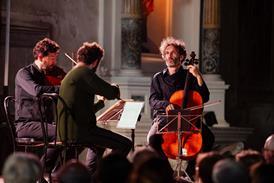

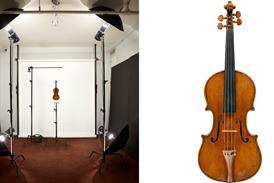


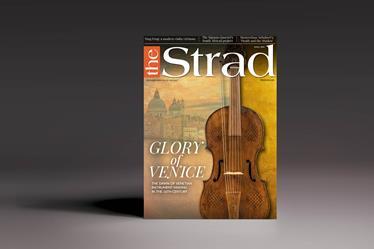






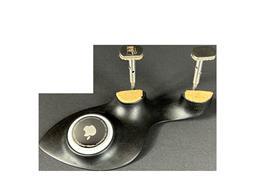









No comments yet